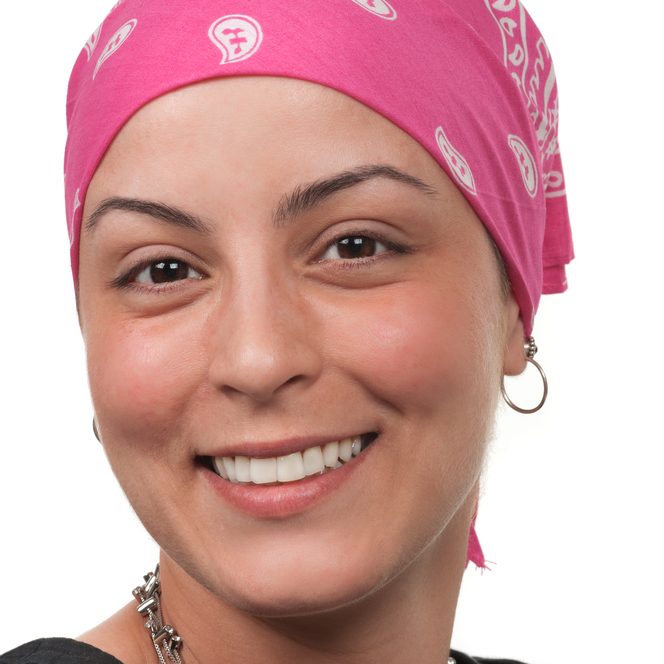Pre-Postpartum

Prenatal Physical Therapy
Pregnancy is a great time of change for the body and those changes occur rapidly! Posture changes occur during pregnancy that can lead to back, muscle, and joint pain. Hormonal changes cause ligament loosening and increased mobility in the joints that prepare mothers to give birth but, sometimes the extra mobility can create joint problems. Physical Therapy is effective in treating musculoskeletal conditions that can commonly occur during all phases of pregnancy.
Julie offers a variety of treatment techniques and modalities to help mothers prepare for delivery and postpartum recovery.
Common Issues During Pregnancy
- Back Pain
- Coccydynia
- Diastasis Recti
- Edema
- High-risk Pregnancy
- Hip Pain
- Pelvic Pain
- Pubic Symphysis Pain
- Round Ligament Pain
- Sciatica
- Sacroiliac Pain
- Urinary Incontinence
Preparation for Labor and Delivery
There are many ways specially trained Physical Therapists can prepare those for labor and delivery. Teaching proper positioning and breathing techniques can protect the pelvic floor during delivery and manage pain for those with pre-existing musculoskeletal problems. Perineal stretching and core strengthening are also helpful for birth preparation. There are also exercises that can be started immediately after delivery that can speed up the recovery process (see postpartum recovery).
Treatment – Labor and Delivery
You will need a referral from your obstetrician to begin physical therapy (see forms). The initial evaluation will include a thorough review of health history and current problems and symptoms. Then a complete musculoskeletal evaluation will take place looking at posture, joint alignment and stability, strength, gait and balance, range of motion, and soft tissue. My goals for treating clients that are pregnant are to:
- Reduce or eliminate pain
- Educate for joint protection throughout the pregnancy, delivery and postpartum
- Improve and maintain mobility
- Educate for proper exercise programs
- Prepare for childbirth
High-risk Pregnancy
High-risk pregnancy can occur as a result of situations such as multiple gestation, pre-term labor, incompetent cervix and placenta previa. Women in this condition are often restricted to bed-rest or have limited mobility restrictions and special needs. Julie has special training in treating high-risk pregnancy and can teach clients safe mobility/bed mobility and home programs for exercises.
Treatment – High-risk Pregnancy
It is up to your obstetrician or perinatologist to decide the appropriate restrictions and activity level if you are considered “high-risk”. Julie will communicate with your physician to determine the appropriate and safest program for you.
Common Issues After Pregnancy
- Back Pain
- Bladder Urgency/Frequency
- Cesarean Scar Pain/Adhesions
- Coccydynia
- Colo-rectal Dysfunction
- Constipation
- Diastasis Recti
- Dyspareunia (Painful Intercourse)
- Pelvic Organ Prolapse
- Pelvic Pain
- Pubic Symphysis Pain
- Sacro-iliac Pain
- Urinary/Fecal Incontinence
Postpartum Recovery
The birth of your baby is joyous and can be an overwhelming time. As a mother of twins, Julie can surely relate. Postpartum is also a time of healing for mothers, who are often exhausted and at times not offered the help, support, and advice needed.
Physical therapy is a great approach to speed up abdominal and pelvic floor recovery. As a women’s health advocate, Julie provides the support, advice, and physical therapy needed to help in this joyous yet challenging time. She provides instructions for appropriate exercise and rehabilitation, allowing women to return to their daily living activities and intimate relationships.
Postpartum physical therapy can begin six weeks postpartum (or 8 weeks postpartum for a cesarean section) with a physician’s referral. For more information on postpartum physical therapy, contact Julie and schedule an appointment.
Not sure if Physical Therapy is right for you? Julie offers Postpartum Screen Assessment to screen your condition postpartum and recommend exercises or continued treatment. Here, we do a brief assessment of posture, spine, abdominal and pelvic condition. This can also give you a chance to voice any physical concerns you may have and receive advice that may help to facilitate recovery.
"Julie helped me tremendously with pelvic floor therapy after the birth of my daughter. Her therapy methods including biofeedback and focused exercises were tremendously helpful. Her relaxed and comforting manner put me at ease during a trying time of recovery. I would recommend her to my family and closest friends. Thanks, Julie!" ~ G.B., Menlo Park



